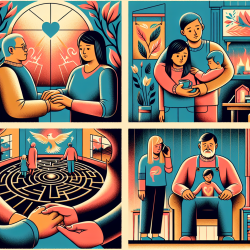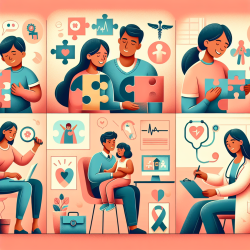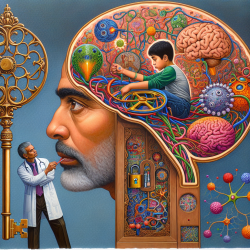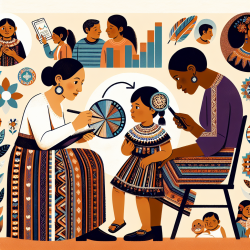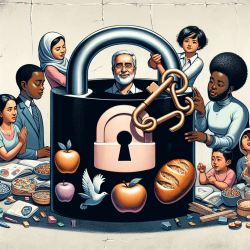Amyotrophic Lateral Sclerosis (ALS) is a challenging diagnosis that affects not only the individuals diagnosed but also their families. The recent research article titled "Parental and child adjustment to amyotrophic lateral sclerosis: transformations, struggles and needs" sheds light on the profound impact ALS has on family dynamics and highlights the need for comprehensive support systems. This blog aims to help practitioners improve their skills by implementing the outcomes of this research or encouraging further exploration.
Understanding Family Transformations
The study identifies three major themes in families living with ALS: transformations in family life, struggles associated with these changes, and the resulting support needs. As ALS progresses, families experience significant shifts in home dynamics, roles, and relationships. These changes often lead to distress among family members, highlighting the need for emotional, psychological, educational, and practical support.
Emotional and Psychological Support Needs
Families affected by ALS often rely on their social networks for emotional support while seeking psychological guidance from healthcare professionals. Practitioners can play a crucial role in providing this support by:
- Encouraging open communication within families about the challenges posed by ALS.
- Teaching parents how to engage in meaningful dialogues with their children regarding the illness.
- Helping families develop coping strategies such as mindfulness and positive refocusing.
The study emphasizes that empowering parents with these skills not only helps them cope better but also positively impacts their children's psychosocial functioning.
Educational Support for Families
The research highlights a significant need for educational resources tailored to both parents and children. Families seek information on ALS progression, treatment options, and caregiving techniques. Practitioners can assist by providing:
- Age-appropriate educational materials for children about ALS.
- Guidance for parents on how to explain the disease to their children.
- Training sessions on using medical equipment safely at home.
This education empowers families to manage daily challenges more effectively and fosters a supportive environment for all members.
Practical Support Strategies
The study also identifies practical support needs that can alleviate caregiver burden. Practitioners can facilitate this by connecting families with resources such as:
- Home care services to assist with daily tasks.
- Community programs that offer respite care or support groups.
- Volunteer networks that provide companionship and assistance.
By addressing these practical needs, practitioners help families maintain a sense of normalcy and focus on quality time together.
The Role of Practitioners in Supporting Families
The findings from this research provide valuable insights into how practitioners can better support families living with ALS. By adopting a family-oriented approach and focusing on empowerment through education and emotional support, healthcare professionals can significantly improve the quality of life for these families.
To read the original research paper, please follow this link: Parental and child adjustment to amyotrophic lateral sclerosis: transformations, struggles and needs.
